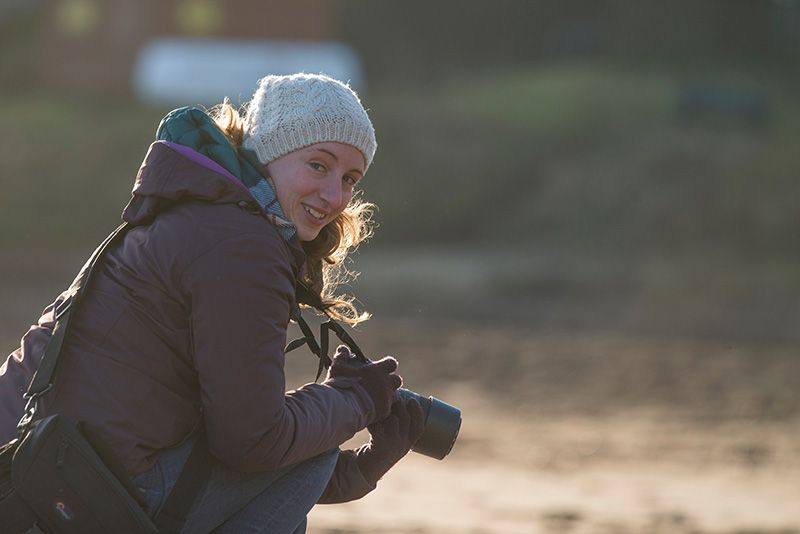International Women’s Day 2020: Rachel Bates


Impact of woodland coppicing on bats
Very little is known about the impact coppicing has on bats in the UK, many of which have seen drastic declines. Rachel’s research is changing that by studying bat activity during woodland management.
How did you come to lead your conservation team?
A case of being familiar enough with bats and their survey methods and enthusiastic enough to help design a project with a local woodland manager, who wanted to bring areas of neglected woodland into management and wondered what the impacts might be on bats. Also being able to commit time to the project, as setting out and collecting in static bat detectors often has to be done on a weekday which is a limiting factor for many.
What has been your biggest challenge so far?
Trying to get the right balance between the things that I would like to do – field research – and the things that I need to do – work. Alongside being an active member of the local bat group I work as an ecological consultant so summertime in particular can be quite hectic! Another main challenge was funding; it’s all very well having the ideas but funding is a huge part of bringing a project to life, and PTES were able to support this project.
What has been your biggest achievement in the field in the past year?
Analysing a huge number of bat calls has to be up there. It’s fascinating looking at the calls of each species and what they’re doing but it’s very time consuming, so to complete a good proportion of the baseline analysis was very satisfying. On a more practical level, we were able to offer local bat group members the opportunity to be involved in woodland coppicing. Volunteer work parties helped to coppice one of the study plots which is a practical conservation skill they might not otherwise have learned about.
What would you say to aspiring women who want a future in conservation?
Don’t be put off by seemingly impossible obstacles; things have a habit of falling into place when they need to. Take your idea and break it down into what you need to do to make it a reality, and network with people who are experienced in your area of interest.
